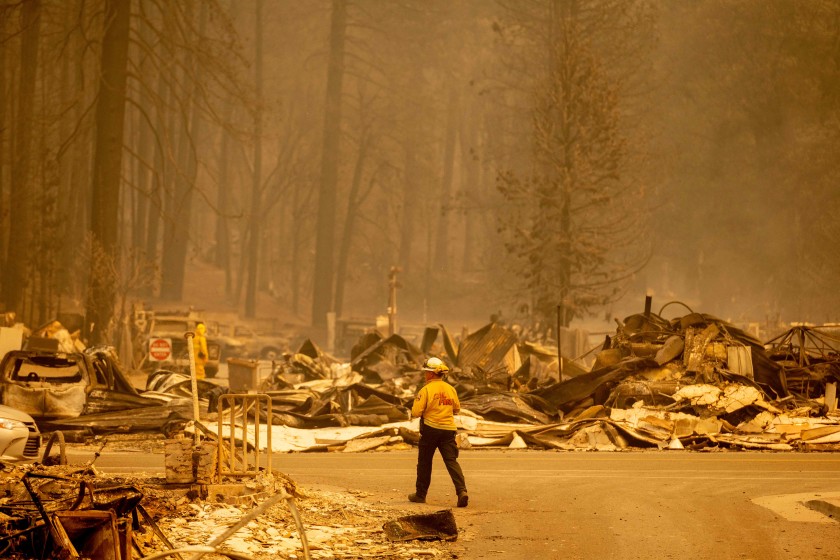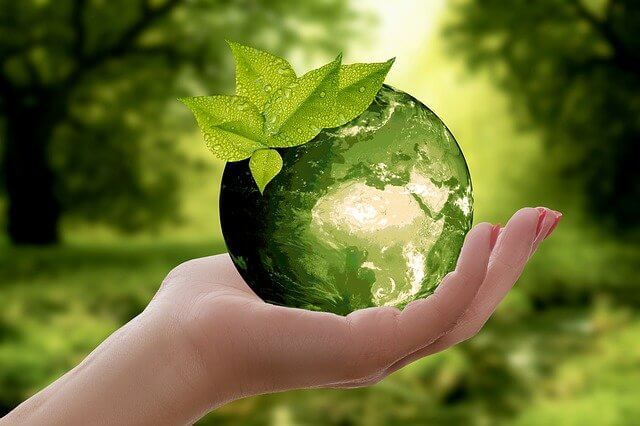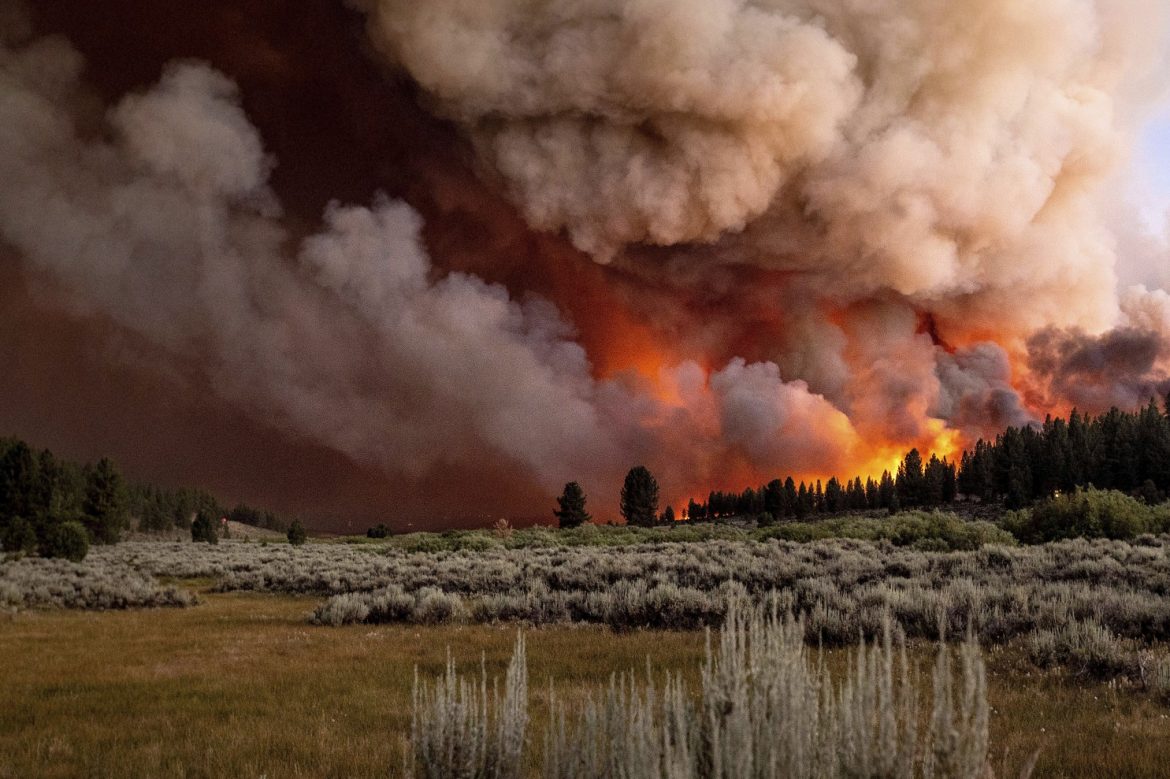The skies are white and hazy from the huge wildfire still burning out of control in the mountains just east of here. But surprisingly, there is no smell of smoke. Breezes off the Pacific are blowing the ash-filled clouds from the incineration of nearly half a million acres to the east. Denver has some of the worst air quality in the world.
Living in the eye of the hurricane of California’s drought and wildfires, it’s hard not to feel that the apocalypse is upon us.

Two mountain towns, the first the small, Gold Rush town of Greenville, have burned to the ground, leaving only a few homes and a commercial structure or two standing. Though no one was killed in Greenville, emotionally charged memories of the fire that leveled the much larger nearby town of Paradise a few years ago, killing 85, are flooding back for everyone in the region.
I grew up on the Great Lakes, and though I still love California when it’s not the fire season (which is starting earlier and getting worse every year), I sometimes wonder what I’m doing here. My best memories are not of body surfing on Pacific swells, as exciting as that is, but of languid swims in Lake Michigan at the foot of Sleeping Bear Dunes.
The effects of the ecological crisis on our psyches and spirits, even if one resides where natural disasters haven’t yet occurred, are impossible to measure. Even harder to sort out is how much of what we’re feeling is personal stuff being forced up, or overwhelming cultural darkness that materialism, consumerism and hedonism can no longer push away, or just a reaction to the planet’s primal scream at the hands of man.
If Providence exists, it’s getting harder to discern. Perhaps this is where faith beyond beliefs and strength beyond will is tested. But I understand, as I haven’t before why so many people have given up on humanity and think only of ‘me and mine.’ Even so, I would rather die than quit on life and humanity.
A telling, disturbing phrase from an intelligent woman during a phone conversation struck me today. Speaking of her own and many others’ experiences as a therapist at this time of intense human crisis, she said too often things get to a point of “force quit.”
She spoke of how “most people won’t stop, slow down,” and so life, in the form of trauma of one kind or another, forces them to. What is it about this culture, and human nature, that makes that a sad fact?
Why do we prefer “predictable patterns of chaos” than to “sit with the self,” and in so doing, bring insight and some measure of peace within?
Given that man is running out of room for error in plundering the planet, I asked, is the “phenomenon of force quit” happening to humankind as a whole? After all, it has never been more apparent that the havoc humans are wreaking on the earth we are also wreaking on our own psyches and souls.

One way or another, our relationship to the earth is reflected back to us, individually and collectively. When we re-orient ourselves toward the wholeness of nature, we begin to feel whole within ourselves.
Arriving at my meditation spot beside the stream, I find it clean and quiet. Though I’ve only had five hours sleep, passive awareness, flowing from simply listening to the sounds and watching the play of birds and butterflies, light and shadow, gathers intense attention.
The morning brightens at the same moment the mind lets go and lightens. As if for the first time, I see the emerald light reflecting off the gently rippling water from the dense foliage at streamside, and the blue sky poking through the haze. Life is always new; only humans make it old.
Thought is time, and time is thought. When the mind-as-thought effortlessly yields to unwilled attention in the mirror of nature, the mind falls deeply still, and psychological time ends.
Then there is a completely different quality to the mind, indeed, a different consciousness altogether. There is love that does not come from a personal source, or the individual or collective mind.
That inexplicable love is the wellspring of creation, indivisible from life and death.
Martin LeFevre

